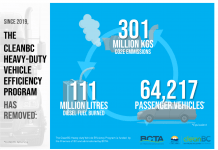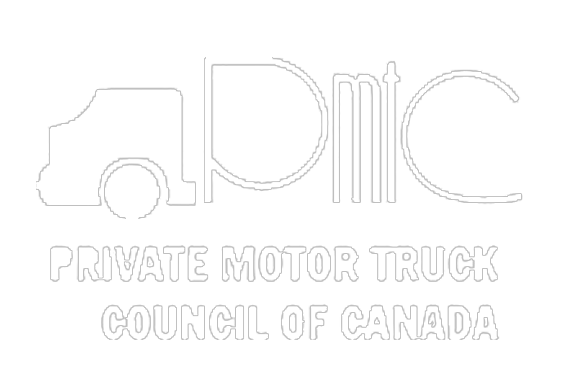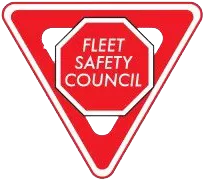When it comes to employee benefits your thoughts and actions probably turn to the costs of providing healthcare benefits to your transportation industry workforce. This is a big-ticket item, and you keep your focus on big ticket items. You know that healthcare benefit purchases have enormous cost implications for the business. And that costs seem to go up every year despite your creativity; 2021 promised to be no different. You understand that your fiduciary responsibility to your board (or the C Suite) is to manage the costs as best you can while still remaining competitive with your peers in terms of employee benefit offerings.
My contention is that too often you may be overlooking benefits that are equally meaningful to your workforce but ironically are usually much less costly. Benefits that support the wellbeing of your professional drivers and other employees that support them. Benefits that touch on the uncomfortable topic of mental health. Uncomfortable because of its sensitivity and highly personal nature. It’s a taboo topic too. A subject that many a manager views as a risky, awkward, slippery slope and “not for the workplace”. To add to this let’s not have this conversation, non-dialogue is employee reluctance to mention mental health issues in the workplace. They are afraid and reasonably. Surveys show that most employees (read YOUR EMPLOYEES) are hesitant to discuss mental health issues they may be encountering. They fear job or career repercussions for doing so. Some might confide in a trusted supervisor or co-worker. A handful may feel more comfortable speaking with Human Resources. Many will say nothing.
Even in non-pandemic North America, mental health issues were common. Studies show that about one-in-five adults-at least- have a diagnoseable mental health or substance misuse issue in any given year. Anxiety and depressive disorders are most common. The COVID-19 pandemic has only amplified these real-life concerns and made it even more difficult for those who were already managing these illnesses well in pre-pandemic times. Many others experience physical ailments are stress-generated or exacerbated by stress. Stress from work; stress from caregiving; economic stress; stress from parenting in a pandemic; stress from a dysfunctional personal relationship; stress from losing a loved one to Covid; stress from being restricted from normal stress-relieving activities due to the pandemic; stress from continuing to work vital jobs that must be done in person and not remotely. Jobs in healthcare, law enforcement, in transportation and many other settings. Some people experience outcomes such as chronic headaches, sleep disturbances and overeating that leads to obesity and its many negative and costly health outcomes. (See my blog at espyr.com called Hungry for Normality.) Meanwhile, suicide which is the worst outcome of an untreated mental health issue, is at epidemic levels. It is the second leading cause of death of young people. Yes, the ones that are so transparent in social media and who probably make up a large portion your workforce. The point is this non-dialogue is not helpful to your employees or to your business.
Don’t take it just from me. When not focused on managing the pandemic, the US Center for Disease Control and Prevention has for years been reminding business people that mental health impacts business’ profitability- because it impacts people. People who- because of mental health issues- are not being productive, are not managing client or customer relations, are not getting along with co-workers or dispatchers, or are simply absent from work too often or are present but are poorly (and unsafely) engaged. The CDC, the US Surgeon General and a host of scholars and clinicians have been reporting all this for decades, but the non-dialogue continues in many workplaces. Dialogue creates a supportive environment that fosters awareness, education, early assistance, and evidence-based treatment for those in need.
Leading a Helpful Dialogue
Leading a helpful dialogue may be easier that you think. Here are 3 steps.
The first step is by far the hardest step- honestly examine your own attitudes about mental health. Don’t fret too much about this one though. I know you understand that the first steps in any process are often the hardest. Be very honest in your self-examination. Confide in a trusted advisor. One who will give you objective feedback. Understand that we all have biases and prejudices and the ones we don’t acknowledge are the most harmful- especially when we are in positions of leadership. Ask yourself- do you really equate mental wellbeing with physical wellbeing? Do you view mental health or substance abuse issues as signs of personal weakness? Ask what example your leadership is setting.
Secondly, examine the assistance programs you offer to your drivers and employees. Do you act and communicate as if the services are an insurance policy? Are they buried in some benefit (dis)information, passively awaiting distressed people to search and find and then use them? Just how aware of these services are your employees? When did you last examine how awareness of your assistance programs is being created? When did you last focus on this during a town hall meeting? Do you and your managers consistently engage and partner with your assistance programs to actively support your workforce’ wellbeing. Can your employees easily access a professional Counselor (not a screening service) 24/7/365? Remember, these programs must be available and accessible not just during a personal crisis but whenever the employee has the energy and motivation to ask for help. Have you visited with your assistance programs lately to understand what new pandemic-related innovations to assist employees? Like access to counselors via secure video, innovative apps, website resources and subject matter expert lead webinars?
Finally, do you lead your team, and do you lead an organizational culture that creates dialogues within teams and between managers and employees about the importance of mental health and wellbeing of every employee? Now, I realize how busy you are, the importance decisions you make every day. And of course, I realize that you too are not in any way immune to any of the stressors I mentioned above. I know that you now realize that you are either leading the dialogue or leading the unproductive non-dialogue on the wellbeing of your employees. I know you will make the right choice for yourself, your drivers and employees, and your business.
About the Author
Norman Winegar, LCSW, CEAP, NCAC II, DOT Qualified SAP is the Chief Clinical Officer at Espyr, a behavioral health company based in Atlanta, GA that serves the logistics industry. For over 30 years, Norman has practiced in behavioral health, substance abuse treatment, and Employee Assistance Program practice settings. He has also worked in leadership positions in both public and private sector behavioral health organizations. An author of four books, he is frequently called on for presentations and as a panelist to share his expertise and experience as a mental health professional. He can be reached at: nwinegar@espyr.com www.espyr.com

